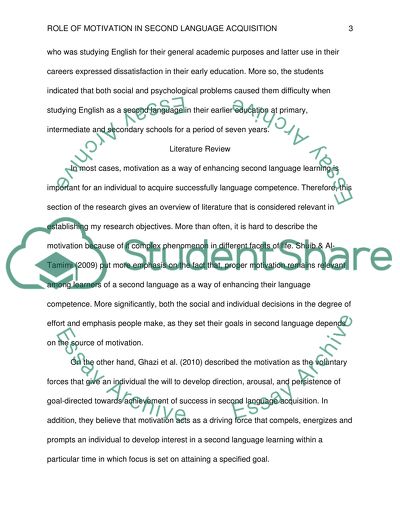Cite this document
(“Role of Motivation in Second Language Acquisition Research Paper”, n.d.)
Retrieved from https://studentshare.org/english/1397985-role-of-motivation-in-second-language-acquisition
Retrieved from https://studentshare.org/english/1397985-role-of-motivation-in-second-language-acquisition
(Role of Motivation in Second Language Acquisition Research Paper)
https://studentshare.org/english/1397985-role-of-motivation-in-second-language-acquisition.
https://studentshare.org/english/1397985-role-of-motivation-in-second-language-acquisition.
“Role of Motivation in Second Language Acquisition Research Paper”, n.d. https://studentshare.org/english/1397985-role-of-motivation-in-second-language-acquisition.


